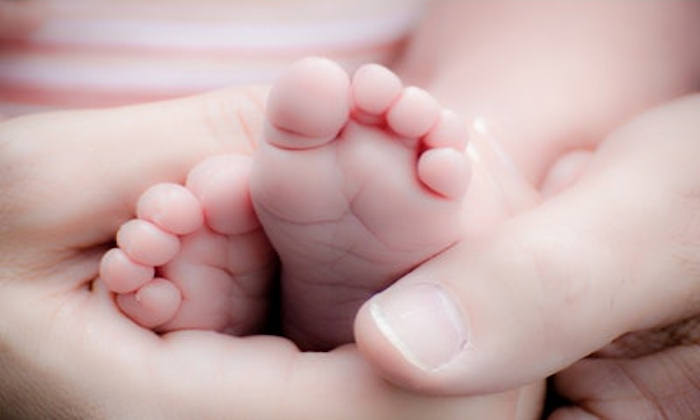Wellbeing Brief - Finding the words
08 Jun 2018
In the UK 15 babies will die each day in the UK before, during or shortly after birth – on average one baby every 90 minutes

Many people think that stillbirths happen because of a developmental or genetic problem that means the baby could not survive. In fact, this is the case for less than one in ten stillborn babies. For as many as 6 in 10 stillborn babies, the cause of death is not known.
In 2018 SANDS (the Stillbirth and Neonatal Deaths charity) will be calling on everyone to help break the silence around stillbirth and neonatal death through their Finding the words campaign that launches on 1 June.
Parents who had suffered the loss of a baby said that they found the following upsetting:
- Referring to the baby as ‘it’
- Avoiding them or pretending it didn’t happen (unless they specifically tell you they would rather not talk about it)
- Anything on the theme of implying that they can have another baby and that it will make it better; eg ‘You’re young, you will have another one’. They may have another pregnancy but it will not be a replacement for this stillborn child.
- Bringing religion into it if they are not religious: ‘It is God’s will.’ He/she is with the angels’
- Referring to other children they might have as if it eases the pain, "At least you have…."
A mother is entitled to take her maternity leave in full after a stillbirth. This is 52 weeks or one year. Some of this may be paid and some may not be, depending on whether you are entitled to Statutory Maternity Pay. Fathers are also entitled to two weeks’ paternity leave.
Tommy’s also has guidance for work colleagues and managers on how to support a colleague after a stillbirth that was informed by parents who have been in this situation.
The loss of a baby can have an impact for many years on the parents but also on grandparents and other family, friends and colleagues.
Further information
If you would like to contribute your experiences, tips or research to the wellbeing blog, please email Gemma and Vanessa via wellbeing@manchester.ac.uk.
